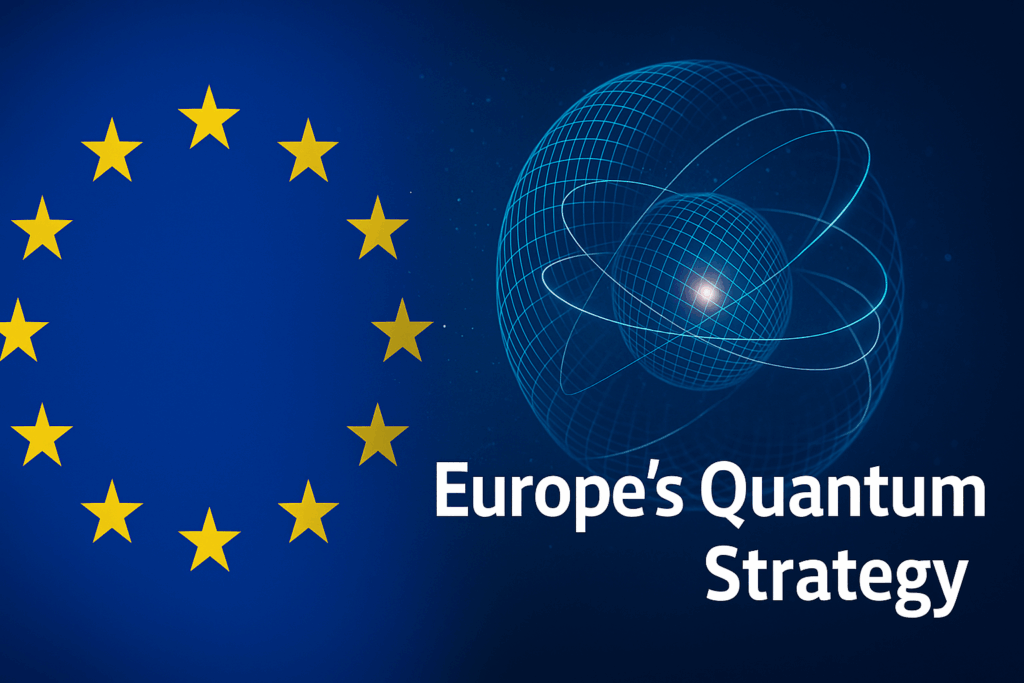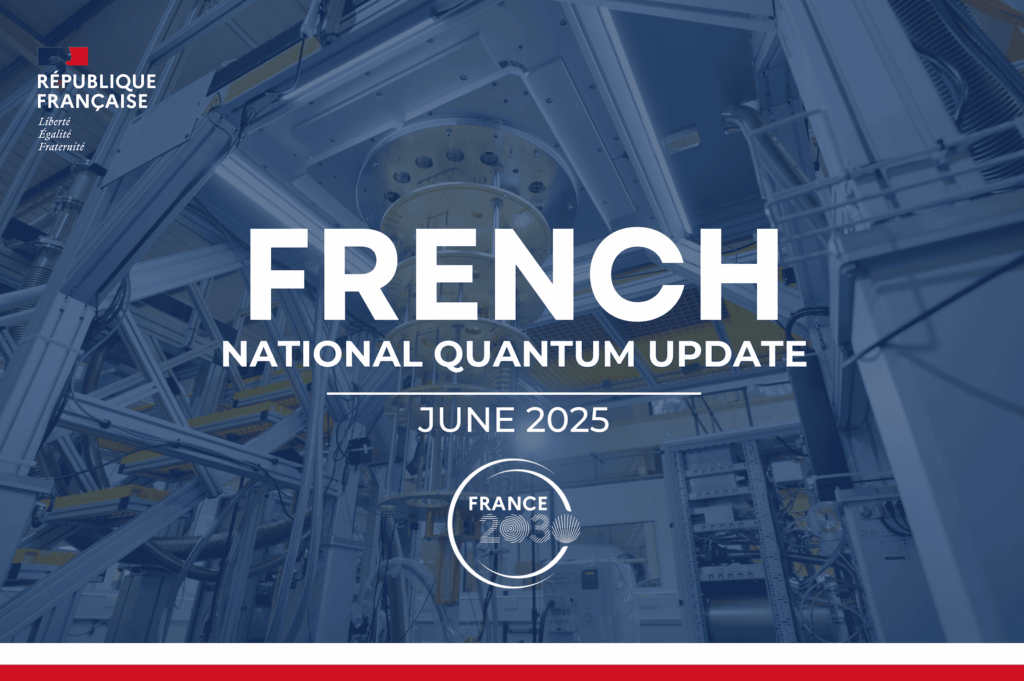
An international team of scientists led by Xanadu’s research team will present a blueprint to a scalable, fault-tolerant photonic quantum computer at the APS March Meeting on March 14. The team suggests this new architecture may offer advantages that will make photonic-based approaches superior to other quantum computing modalities.
According to the abstract, the team reports that the architecture is centered on “Gottesman-Kitaev-Preskill bosonic qubits and squeezed states of light, stitched together into a qubit cluster state with one time and two spatial dimensions.”
The approach generates and manipulates a 3D resource state for fault-tolerant, measurement-based quantum computation by combining state-of-the-art procedures for the preparation of bosonic qubits, according to the researchers. They added that the strengths of continuous-variable quantum computation are performed using easy-to-generate squeezed states.
The team reports on several advantages. Because the integrated photonic chips are modular and easy to network, the design is scalable.

They report: “Moreover, the architecture is based on modular, easy-to-network integrated photonic chips, opening the door to scalable fabrication and operation, which may in turn allow photonics to leap-frog other platforms on the path to a quantum computer with millions of qubits.”
The researchers will also discuss improvements to the stitching component that could improve the odds creating a useful quantum computer.
The team includes Ilan Tzitrin and Eli Bourassa, both of Xanadu; Rafael N Alexander, University of New Mexico; Michael Vasmer, Perimeter Institute for Theoretical Physics — Institute for Quantum Computing; Ashlesha Patil, Saikat Guha, Guillaume Dauphinais, Kirshna Kumar, Sabapathy Daiqin Su and Ish Dhand, all of the University of Arizona; Takaya Matsuura, The University of Tokyo; Ben Q Baragiola and Nicolas Menicucci.
The Ontario Graduate Scholarship, the Lachlan Gilchrist Fellowship, Mitacs and the Ontario Graduate Scholarship supported the work.
The American Physical Society (APS) is a nonprofit membership organization that advances physics through research journals, scientific meetings, and education, outreach, advocacy and international activities. The society represents more than 50,000 members.
If you found this article to be informative, you can explore more current quantum news here, exclusives, interviews, and podcasts.
















